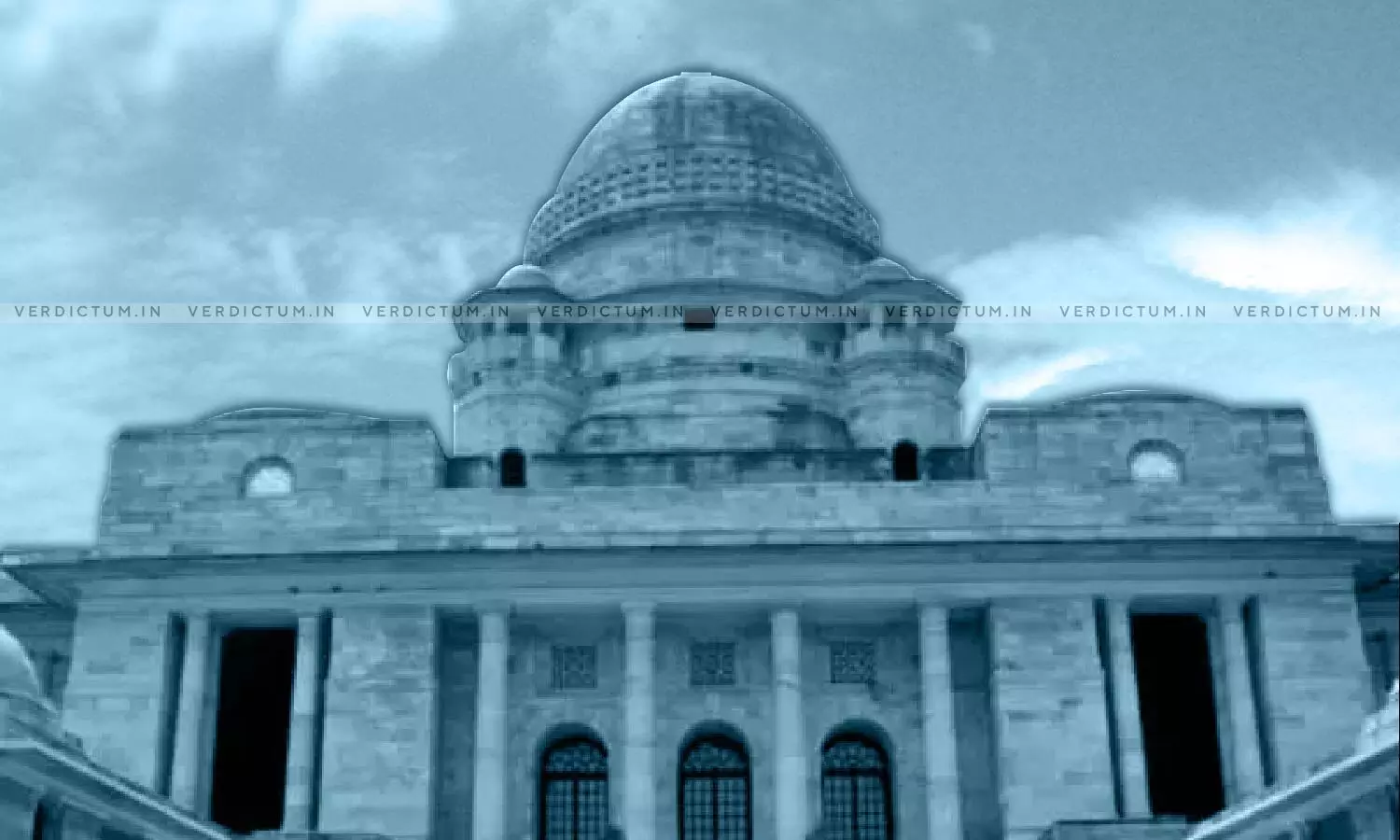
Bombay High Court, Nagpur Bench
Greater Reliance Must Be Placed On Pre-Independence Documents In Caste Validity Claims: Bombay High Court
 |
|The Court held that pre-Independence records carry a higher degree of probative value than post-Independence documents and quashed the rejection of the petitioners’ Scheduled Tribe claim.
The Bombay High Court has held that greater reliance must be placed on documentary evidence from the pre-Independence period while deciding caste validity claims as, such records possess a higher probative value because they were created at a time when no reservation benefits were available to Scheduled Tribes, making the entries more reliable and less likely to have been influenced by claims for statutory benefits.
The Division Bench set aside the order of the Scheduled Tribe Caste Certificate Scrutiny Committee, which had rejected the petitioners’ claim of belonging to a Scheduled Tribe, and directed the issuance of caste validity certificates.
Adjudicating the matter, the Division Bench of Justice M.S. Jawalkar and Justice Pravin S. Patil observed that “While dealing with documentary evidence, greater reliance may be placed on pre-Independence documents because they furnish a higher degree of probative value to the declaration of status of a caste, as compared to post-Independence documents.”
Background
The petitioners had approached the scrutiny committee seeking validation of their Scheduled Tribe status and relied on documentary records from the pre-Independence period to support their claim. These documents were initially verified by the vigilance cell, which submitted a positive report confirming their authenticity.
Despite this verification, the scrutiny committee ordered a re-enquiry without recording any reasons and, in its final decision, rejected the claim by relying on later records that reflected a different caste description, while disregarding the earlier verified material.
Court’s Observations
The Court found that the scrutiny committee committed a “grave error” by failing to give due weight to pre-Independence documents that had already been verified by the vigilance cell. It held that discarding such material without providing reasons was impermissible.
The Bench noted that the decision to direct a second enquiry, despite the existence of an earlier positive vigilance report, violated the provisions of the Scheduled Tribe (Regulation of Issuance and Verification of Certificate) Rules.
The Court stated that: “Rule 12(2) contemplates that only if the Scrutiny Committee is not satisfied with the documents produced by the applicant, in that case only to refer the documents to Vigilance Cell. The routine reference to vigilance cell without recording reasons is contrary to the statutory scheme.”
The Scheduled Tribe Caste Certificate Scrutiny Committee, while processing the petitioner’s application, had also directed the vigilance cell to conduct an affinity test to verify their knowledge of the customs, rituals, and social practices of the claimed community. The vigilance officer’s report did not record any adverse remark suggesting that they had failed the test. Despite this, the committee treated the test as determinative and rejected the claim.
The High Court held this approach to be unsustainable and reaffirmed that the affinity test is not conclusive and can only support documentary evidence. The Bench observed: “In the absence of any remark of the concerned officer that petitioners failed to prove the custom, rituals, the committee ought to have considered the same as a corroborative piece of evidence rather than accepting it as a litmus test.”
The Court further noted that the law laid down by the Supreme Court regarding the consideration of the affinity test was “not at all considered” by the scrutiny committee in the present case. The Bench emphasised that documentary evidence, particularly from the pre-Independence period, must be given priority, and the affinity test, where applied, should only corroborate the documents rather than replace them as the primary basis for determining caste status.
After reviewing the impugned order and the material on record, the Court concluded that the scrutiny committee failed to comply with the settled legal position and acted contrary to the principles laid down by the Supreme Court.
Conclusion
Allowing the writ petitions, the Court quashed the order of the scrutiny committee and directed the issuance of caste validity certificates to the petitioners. The Bench held: “There is no ambiguity in the documentary record establishing the claim. Discarding this material without cogent reasons constitutes a grave error.” The committee was also directed to extend all consequential benefits arising from the certificates in accordance with the law.
Cause Title: Dnyaneshwar s/o Shankarao Dongare v. The Vice-Chairman/Member Secretary, Scheduled Tribe Caste Certificate Scrutiny Committee & Ors. (Neutral Citation: 2025:BHC-NAG:7859-DB)
Appearance:
Petitioners: Advocates Preeti Rane, Himani Kavi
Respondents: P.P. Pendke, Assistant Govt. Pleader